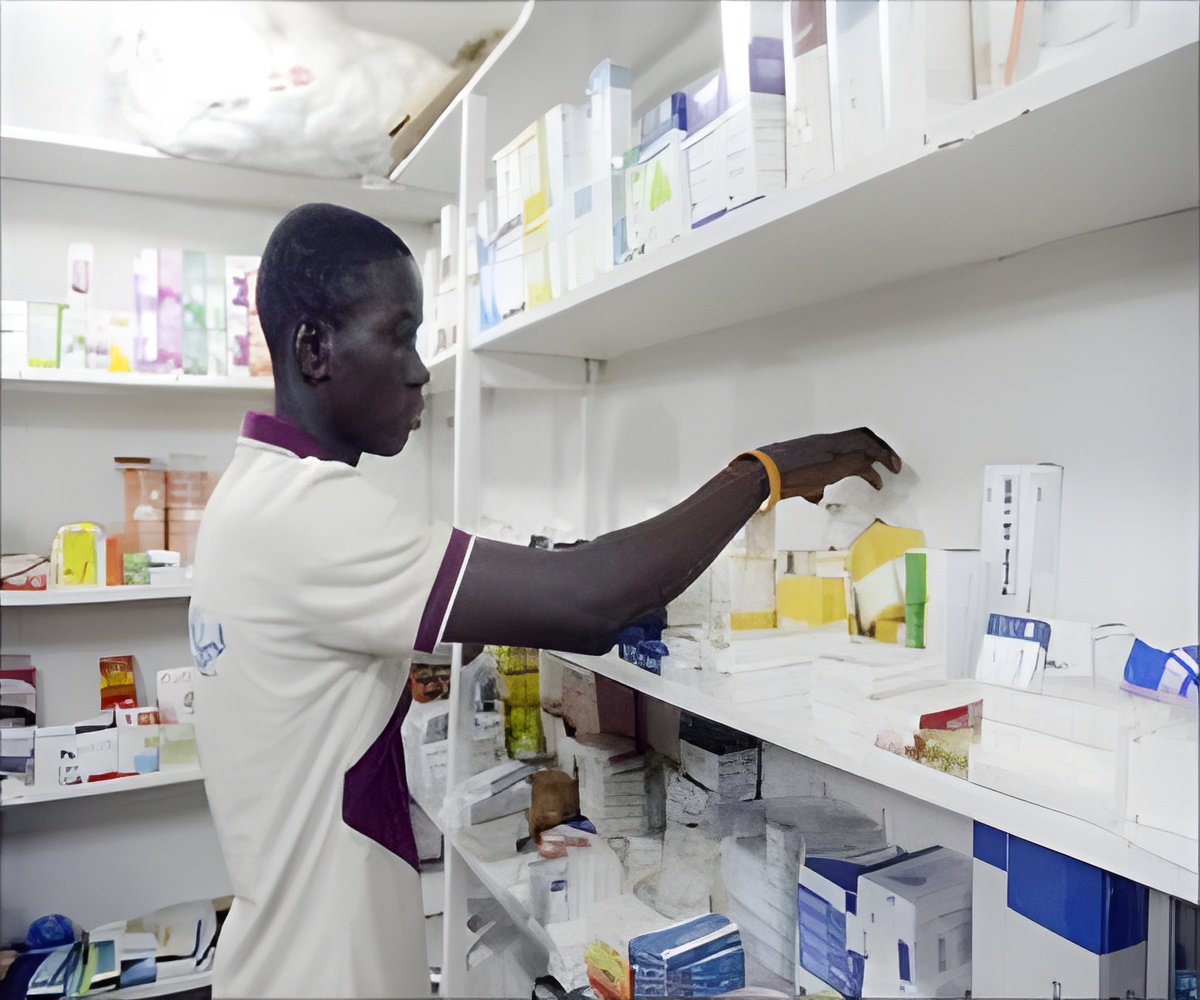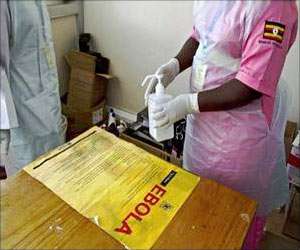Evaluating changes in the deadly Ebola virus in real time was essential to determine whether those changes could have an impact on diagnostics and therapeutics or not.

The Makona strain was responsible for the current Ebola outbreak in West Africa.
"It just was not happening fast enough," Kugelman said. "We need answers in days, rather than in weeks or months," Kugelman added.
Kugelman recently returned from Liberia, where he spent four months setting up the genomics laboratory at the Liberian Institute for Biomedical Research (LIBR).
The laboratory, a collaborative effort between LIBR and USAMRIID, was established to characterize Ebola viral genomes to assess the erosion of diagnostic and therapeutic targets, as well as to provide the scientific and public health communities working in Liberia with viral genomic information.
According to the authors, evaluating changes in the virus in real time was essential to determine whether those changes could have an impact on diagnostics and therapeutics.
The details were published online in the journal Emerging Infectious Diseases.
 MEDINDIA
MEDINDIA




 Email
Email









